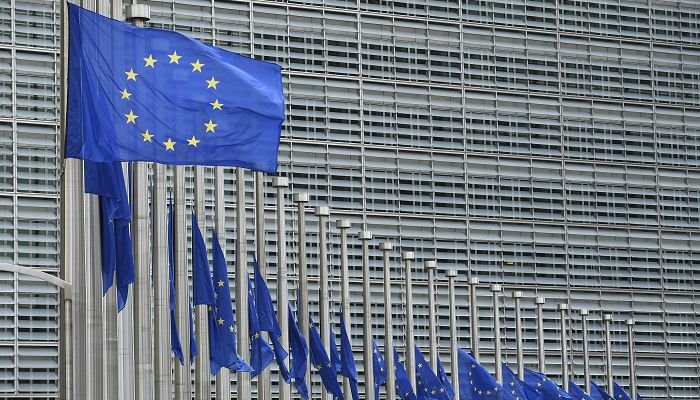
According to the European Commission, it must become more difficult to trick voters with sneaky, tailor-made political advertising. From now on, political advertisements must state who is behind it and how much has been paid for it, if it is up to the committee.
Advertisements on Facebook and other social media, for example, can play a harmful role in elections, the executive board of the European Union has noted. Politicians, parties and interest groups bombard voters they know to be receptive with biased, biased or downright misleading information. For example, things went wrong in the US presidential race between Donald Trump and Hillary Clinton and in the Brexit referendum, but also in many other recent elections. Voters sometimes only see information from a certain angle, and according to researchers, they often have no idea who it comes from.
“Elections should not be a competition with dirty and opaque methods,” said European Commissioner Vera Jourová (Transparency and Values). According to her, people should know what they have in front of them, why they are presented with it and whether so many people really share it. That a political party, for example, has made that message especially to reach doubters about vaccination or to stir up potential rioters. Or want to give the impression with fake followers that it triggers a lot.
Without the express consent of the user, sensitive information such as their gender, religious beliefs or sexual preference should no longer be used at all for such targeted messages, Jourová suggests. There is still room for messages from some social organisations, political parties and trade unions to their members.
The committee does not want to enforce the proposed new rules itself but leaves that to the privacy watchdogs of the EU countries. They can impose fines on, for example, internet companies and advertising and communication agencies that make fun of it.
The plans require the consent of the Member States and the European Parliament. If there is, they should come into force before the next European elections in 2024.
